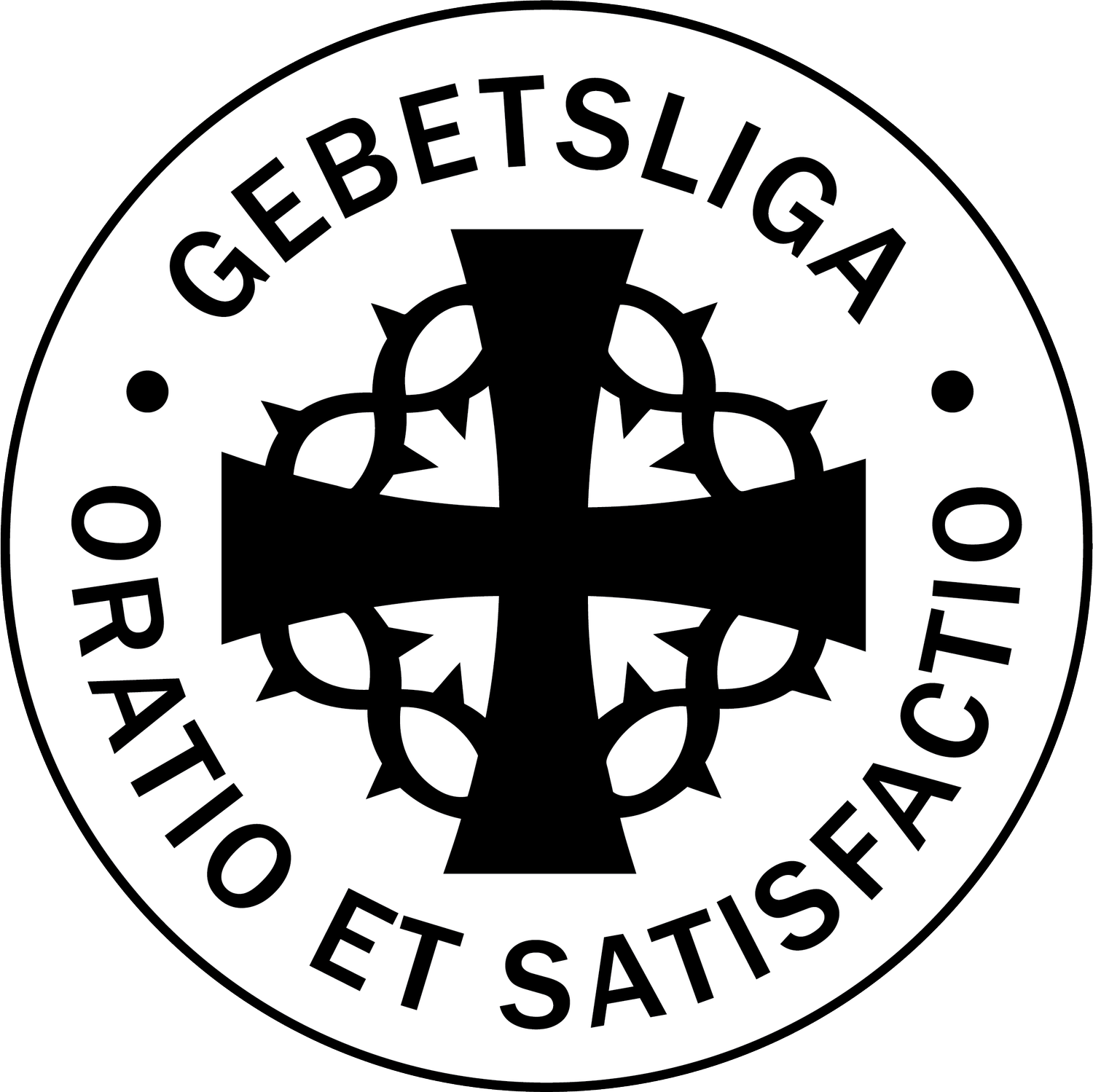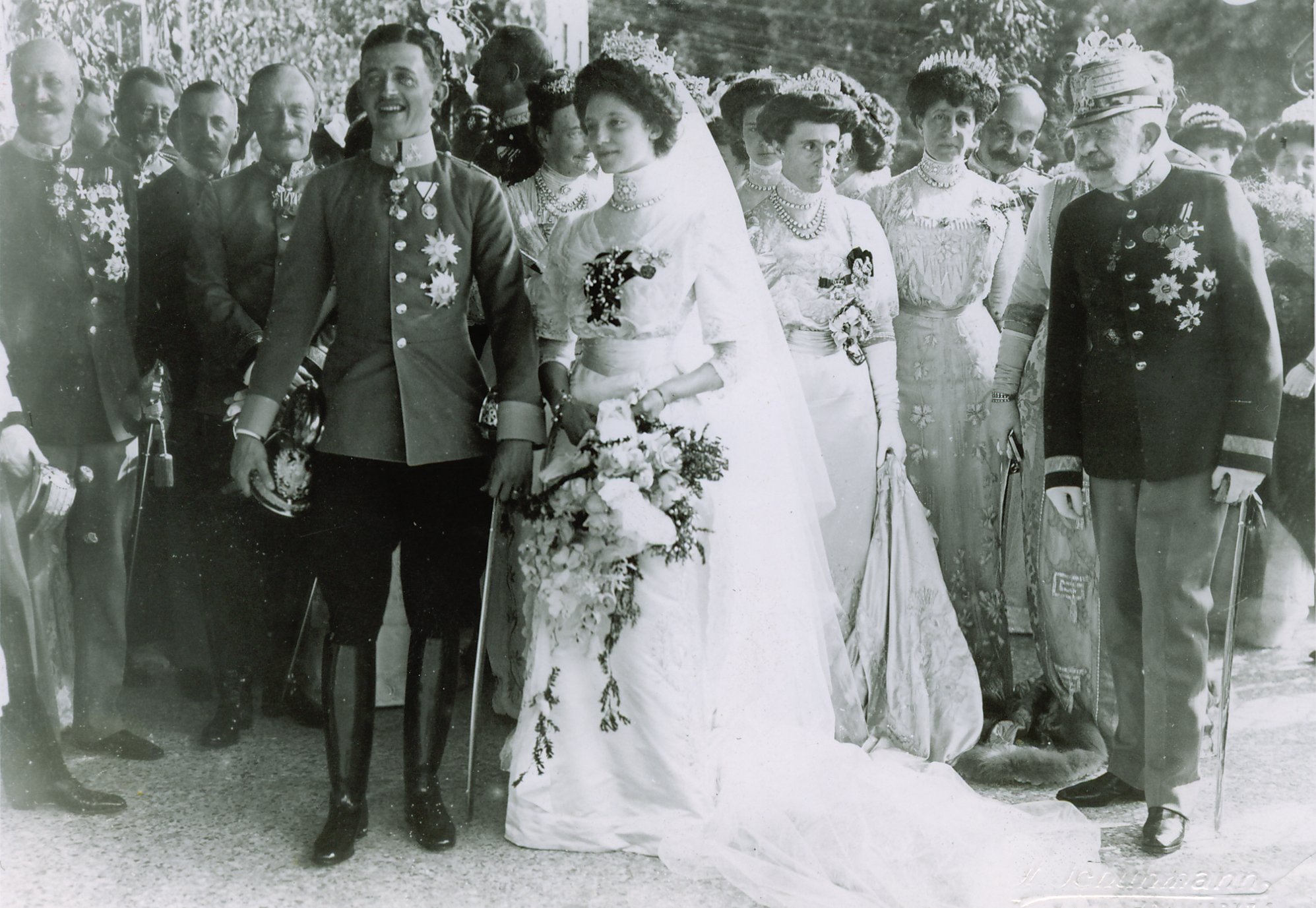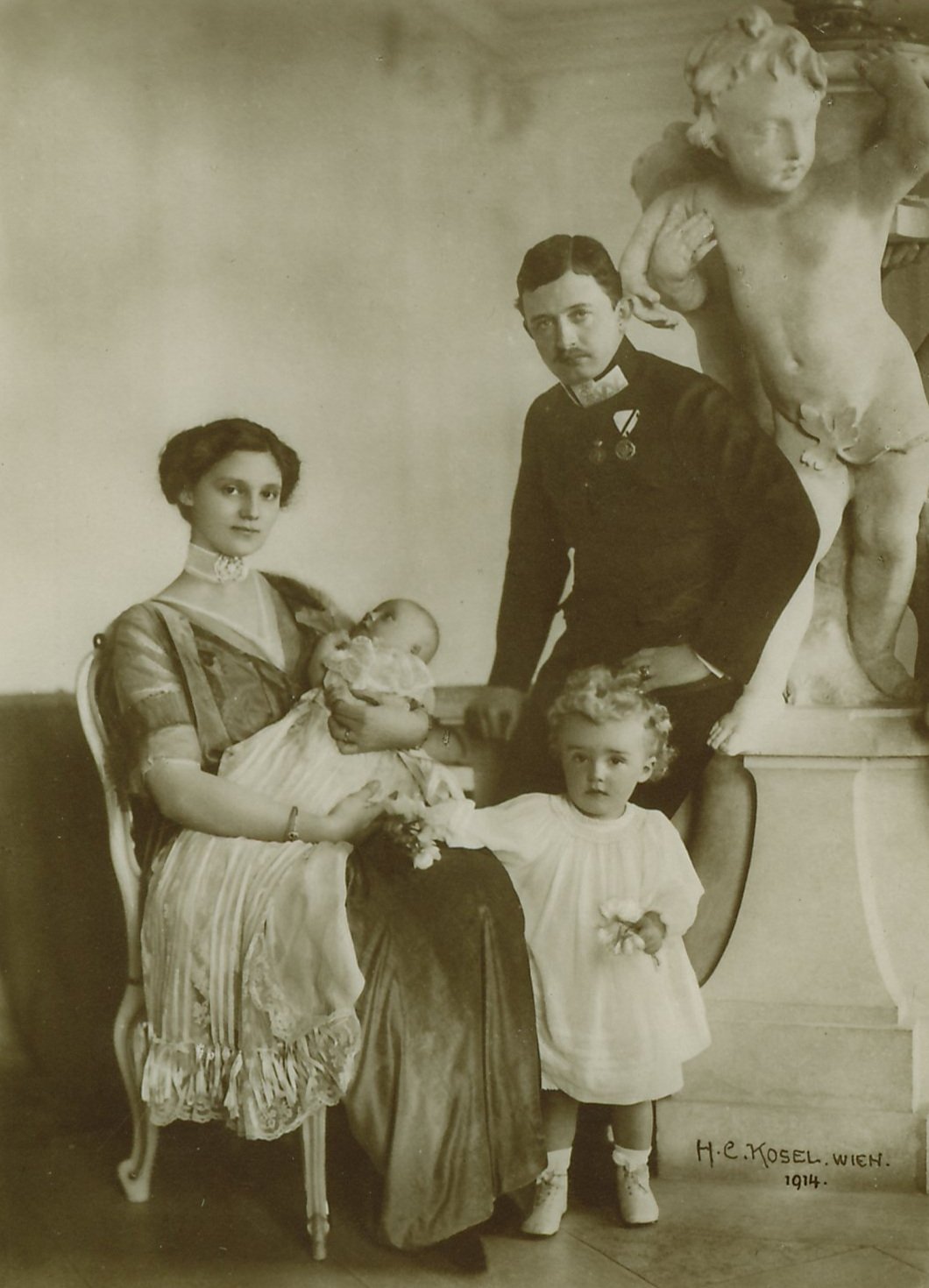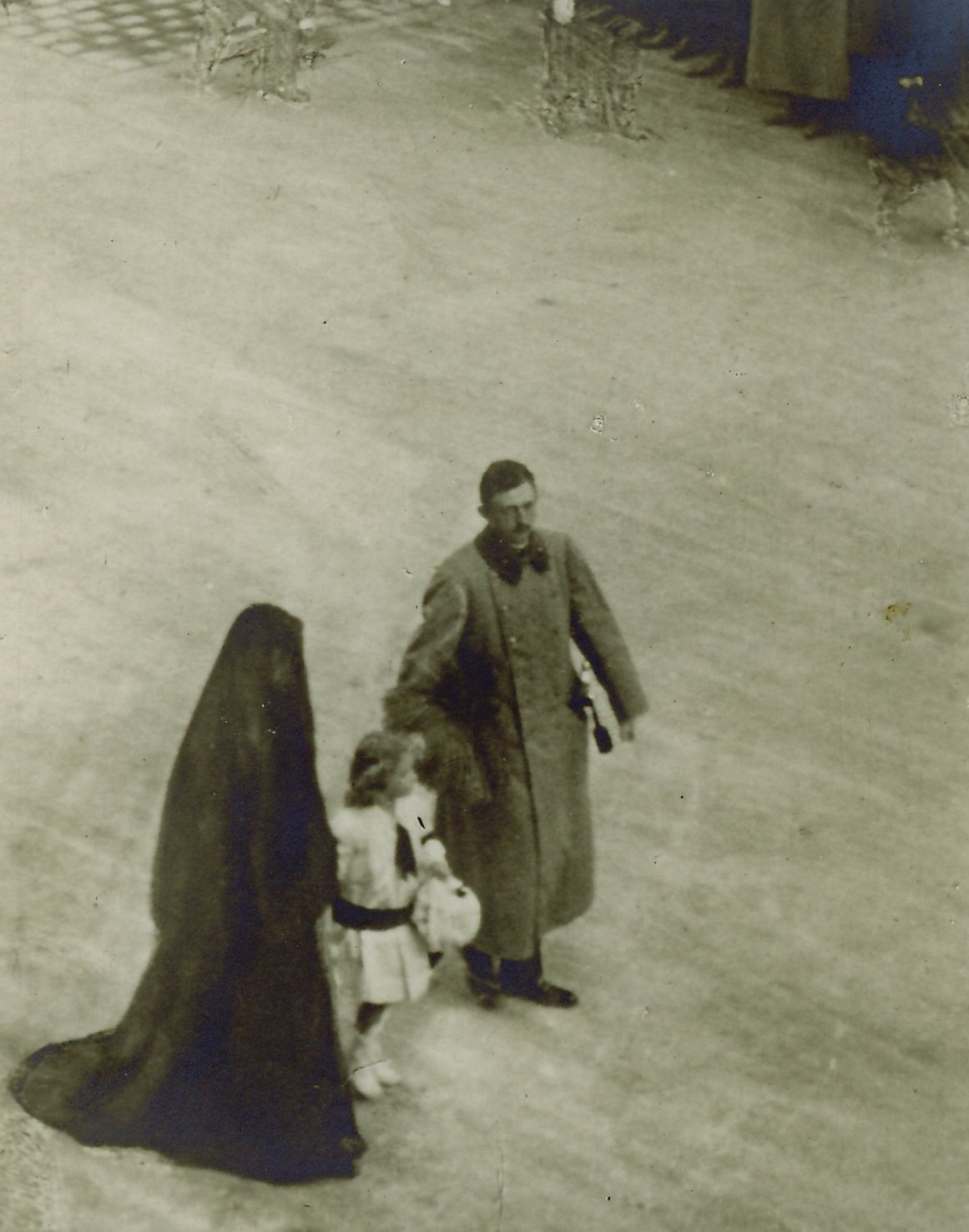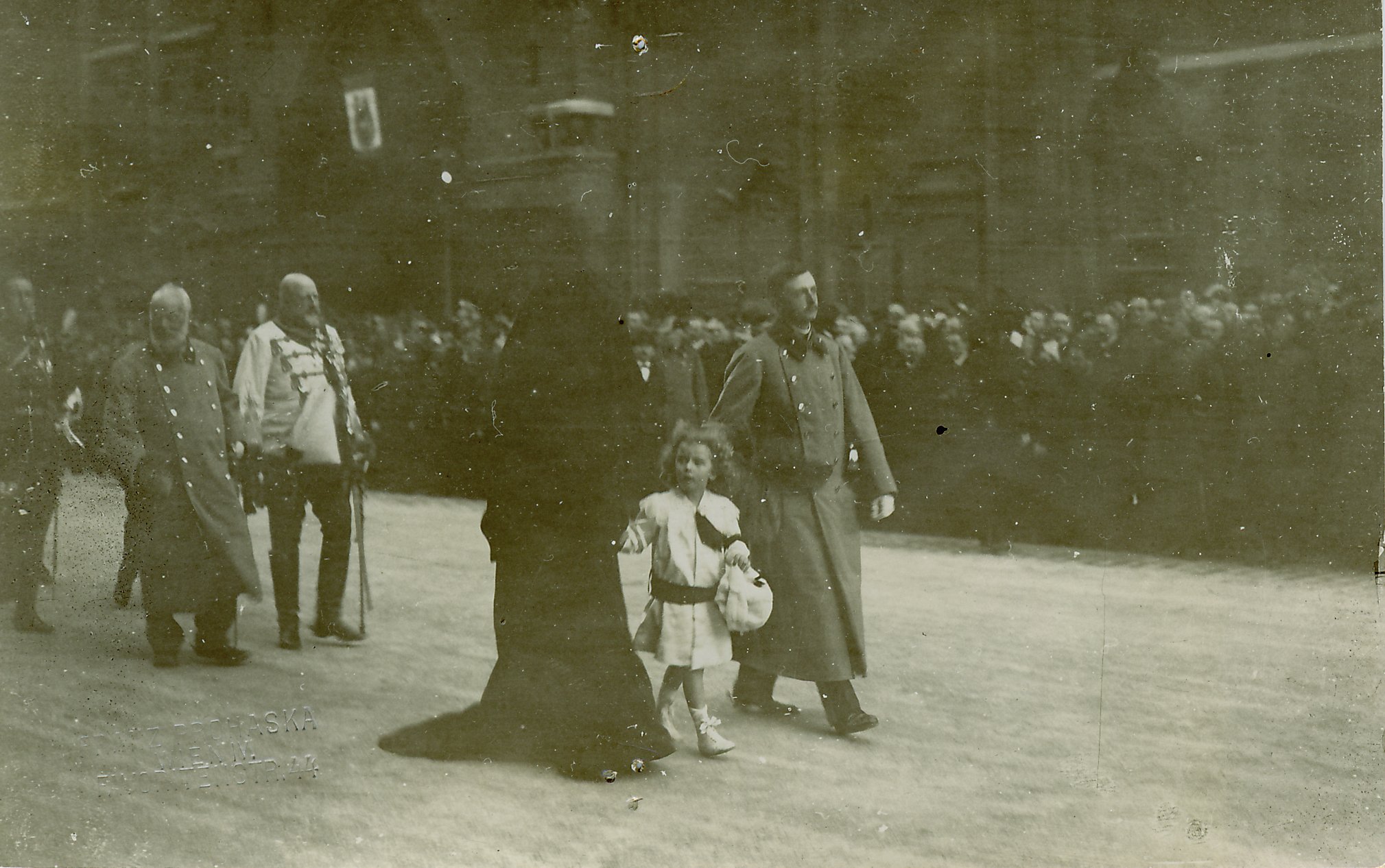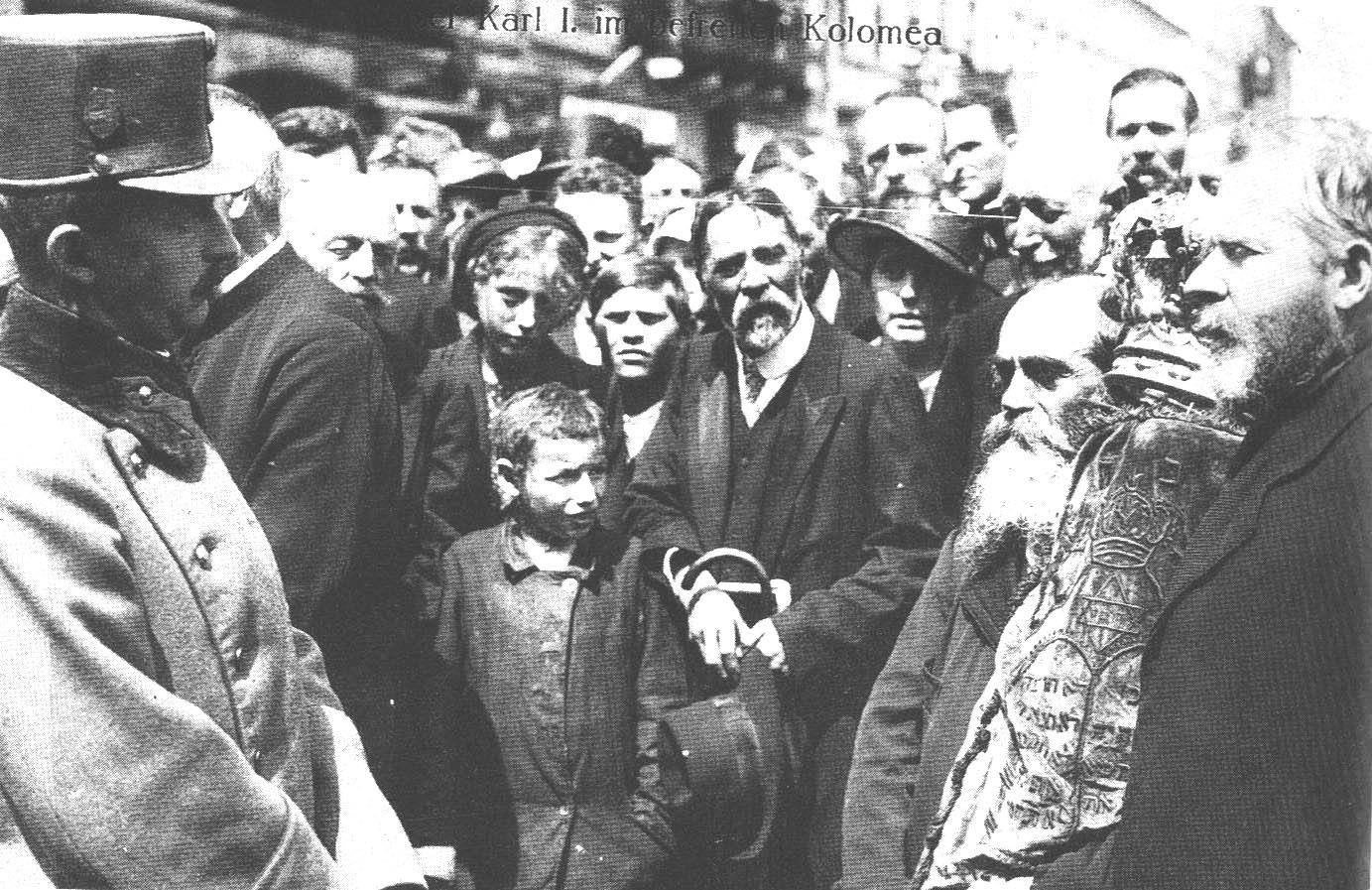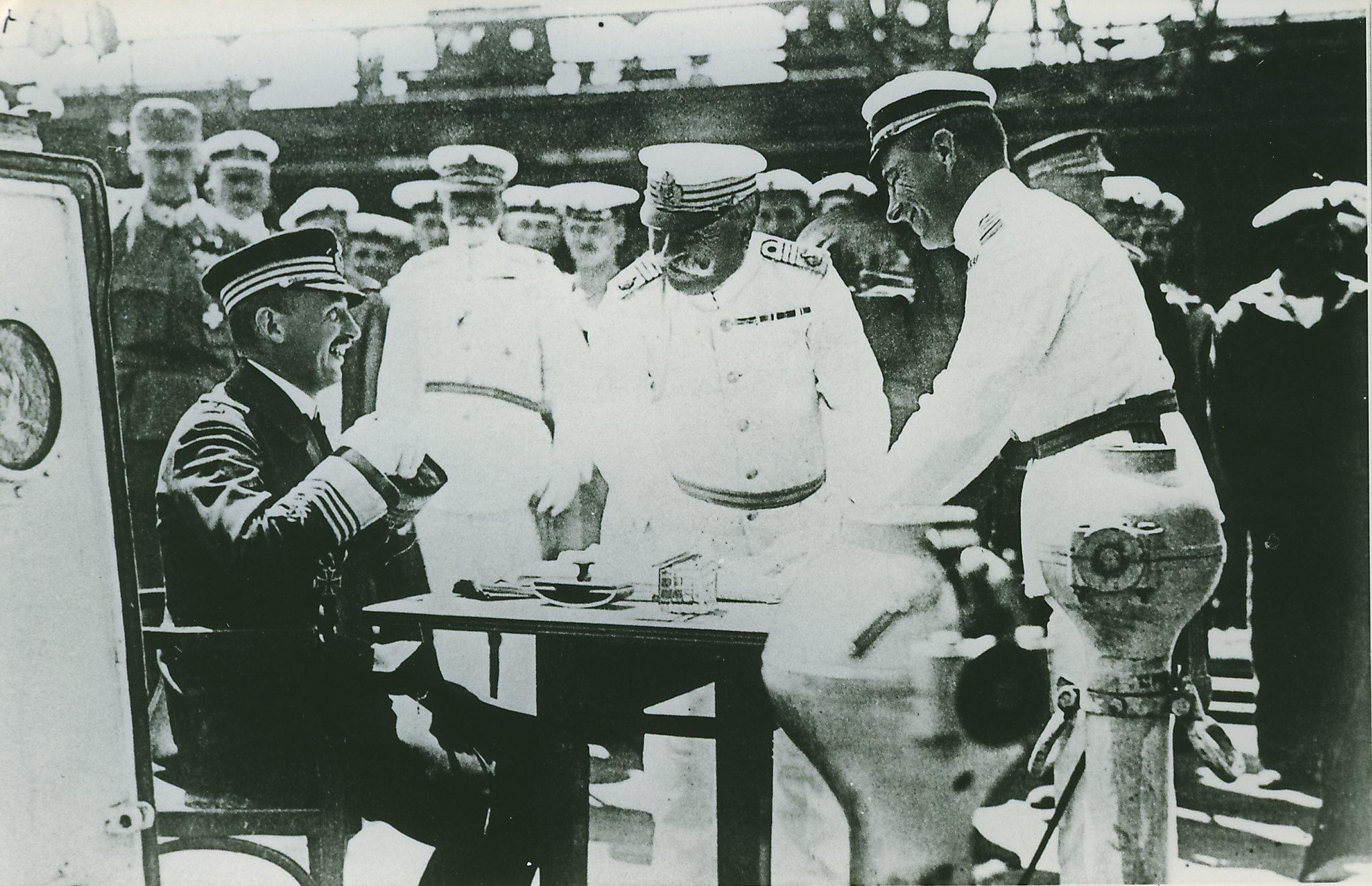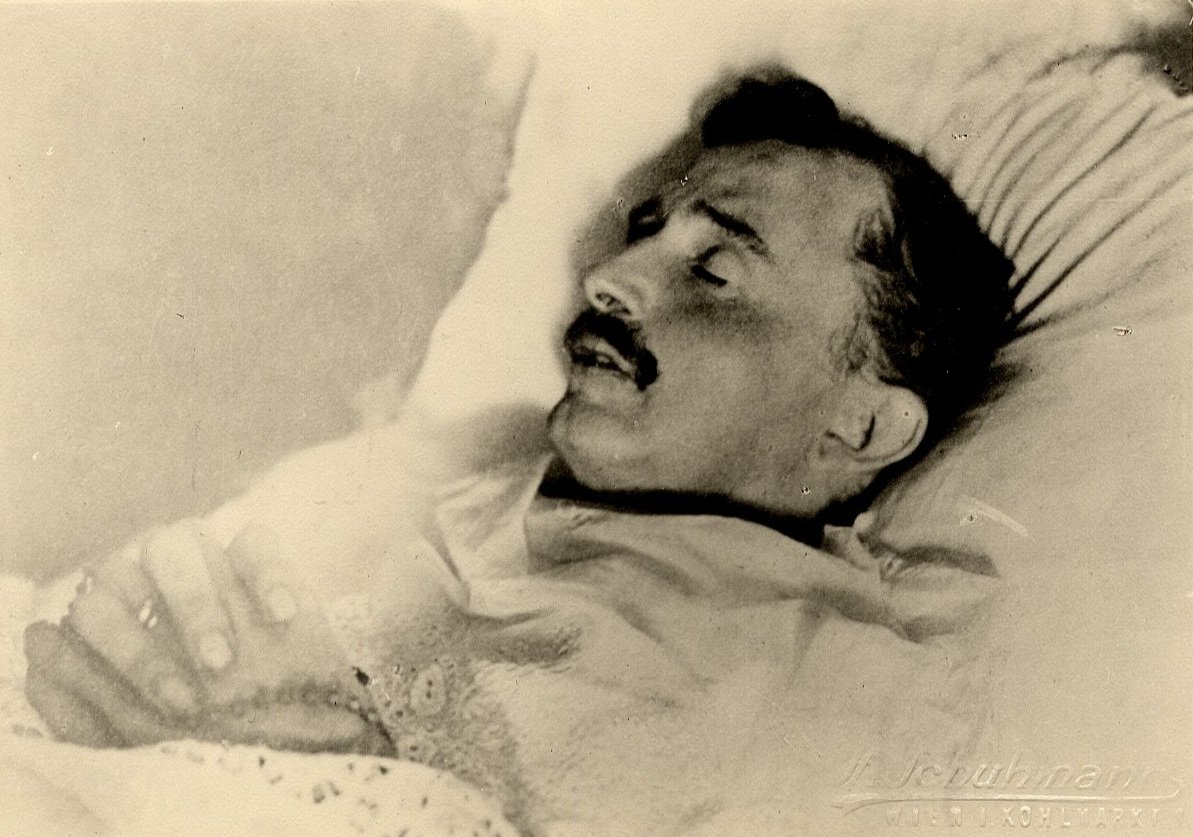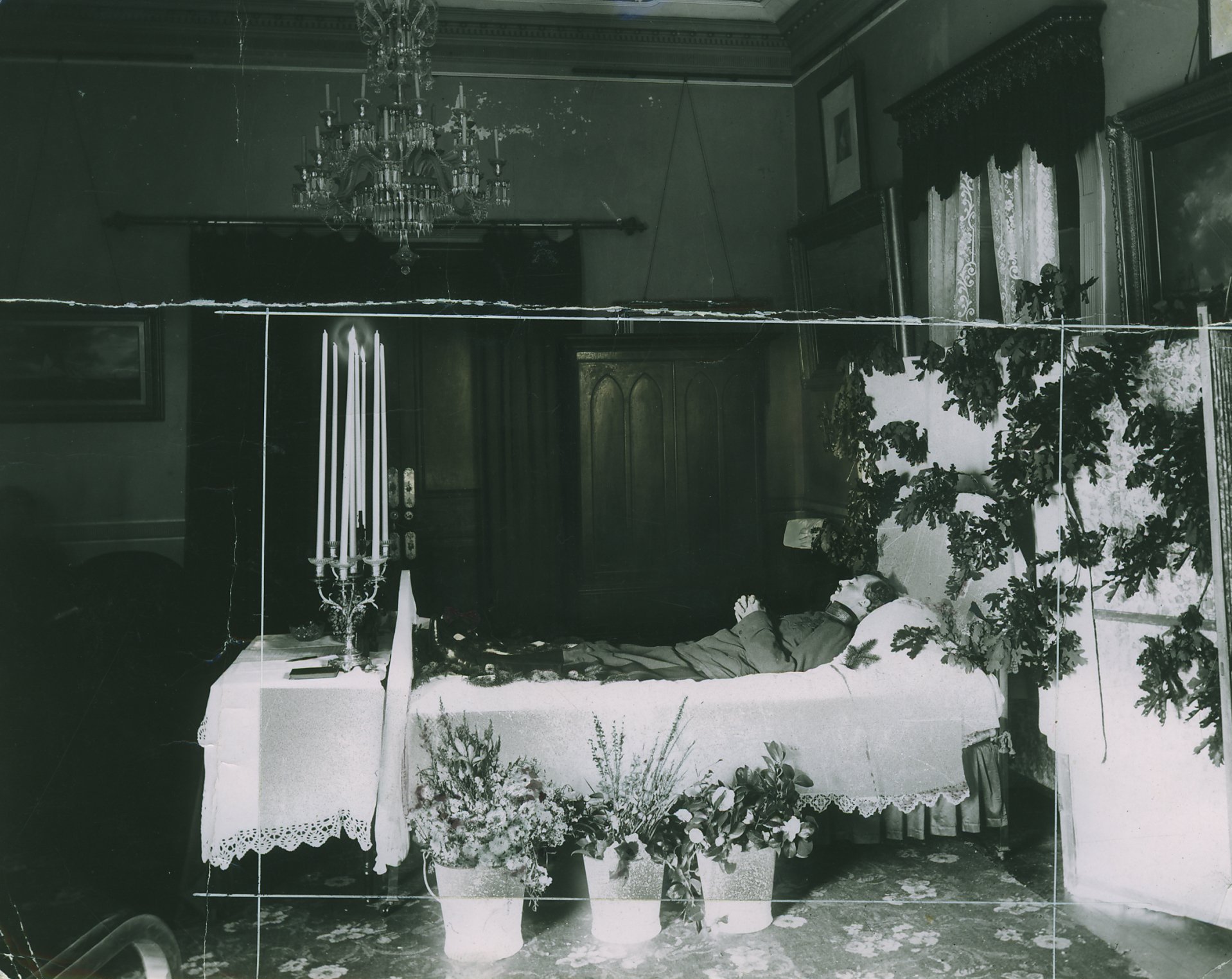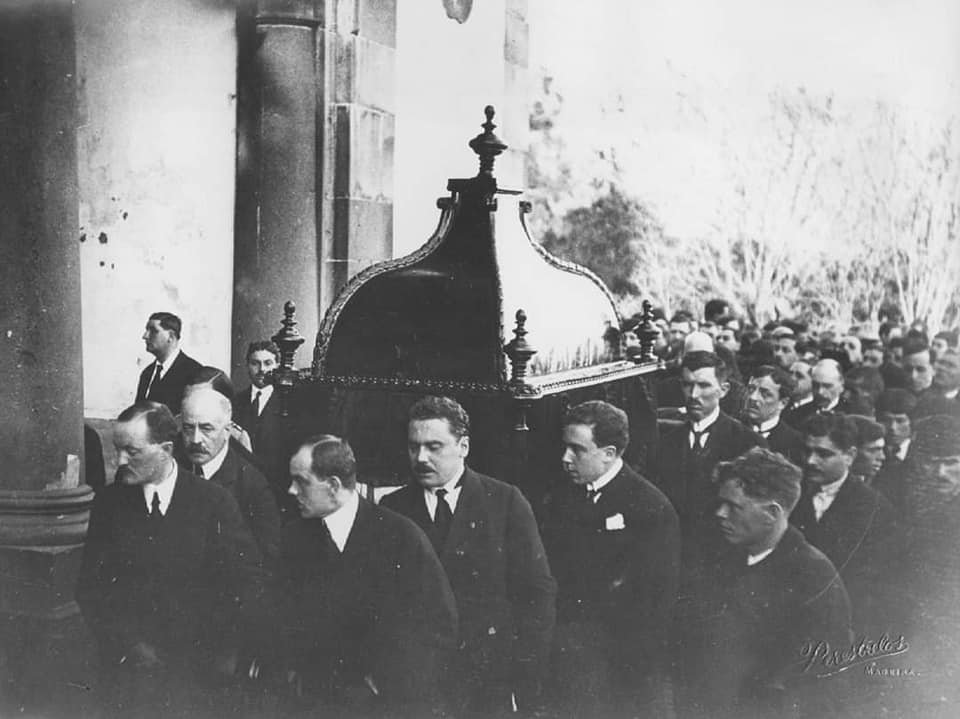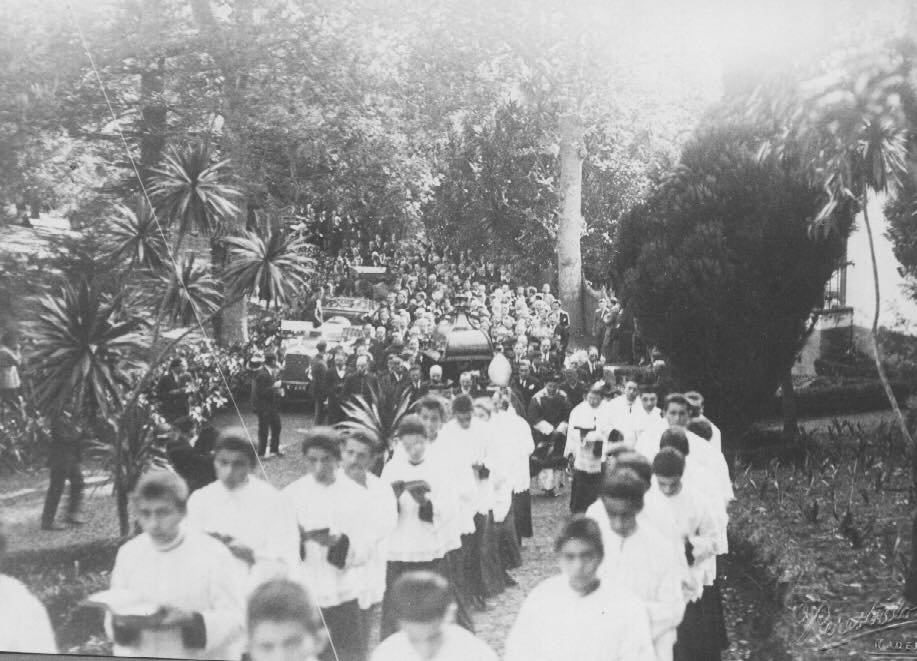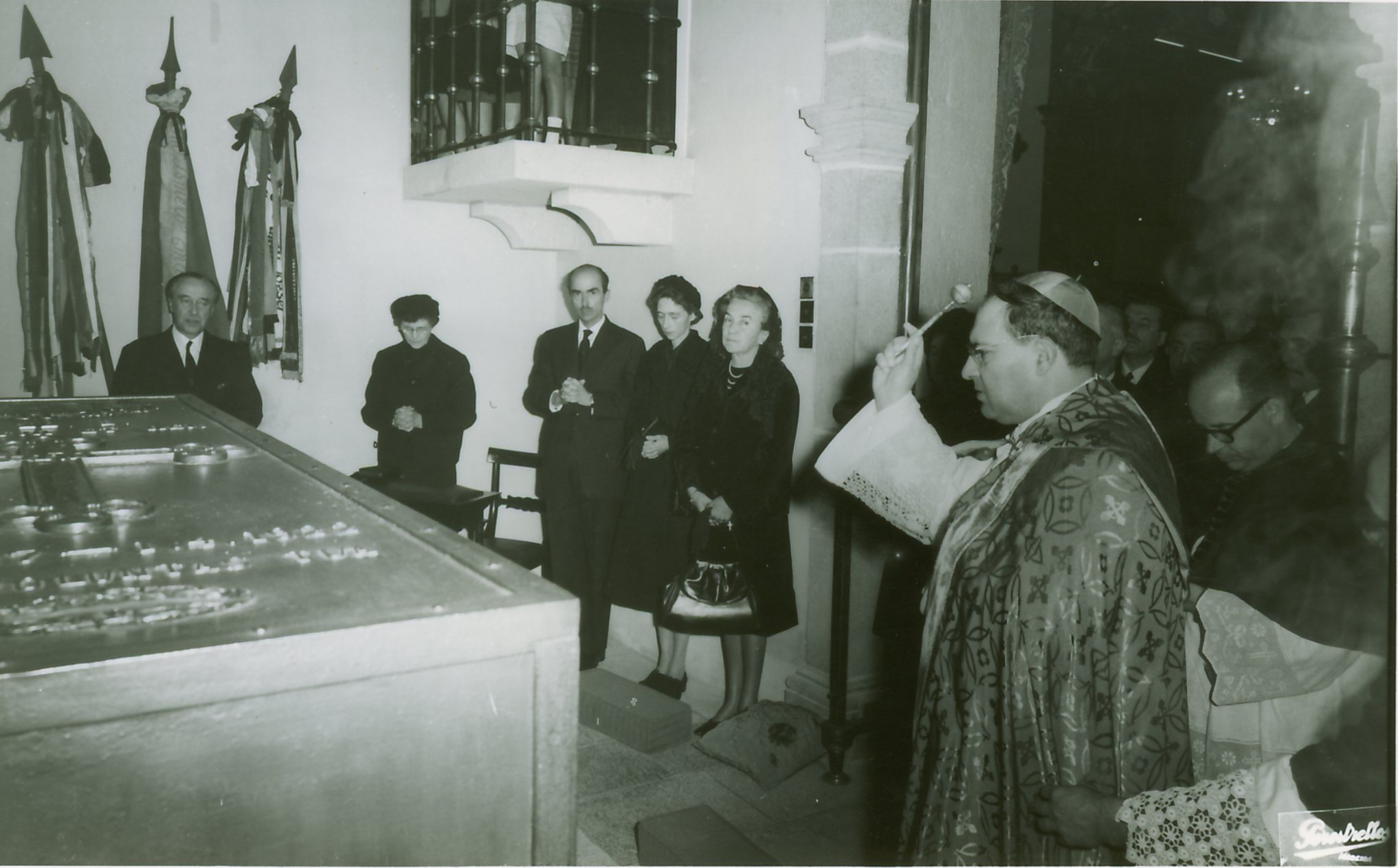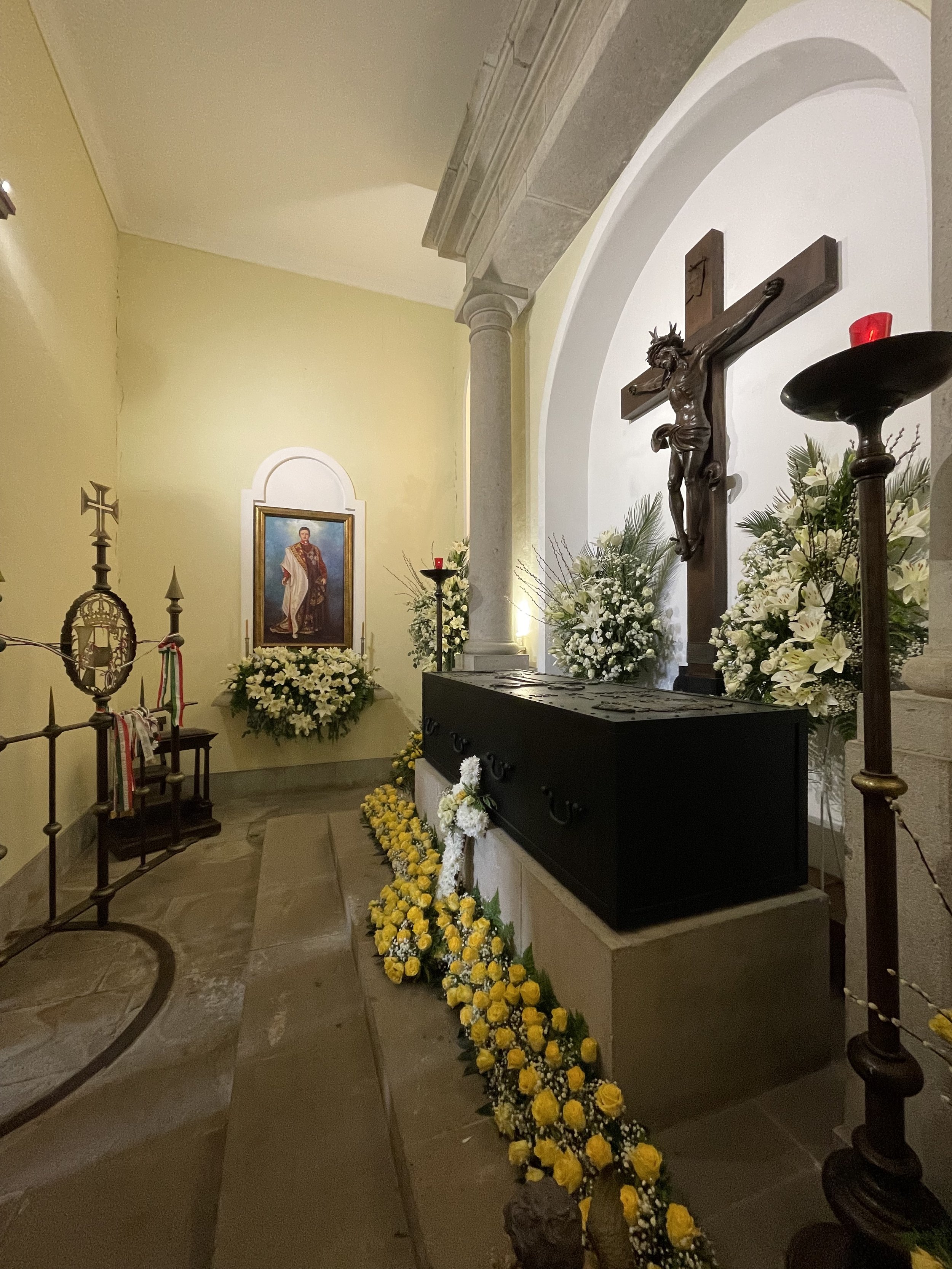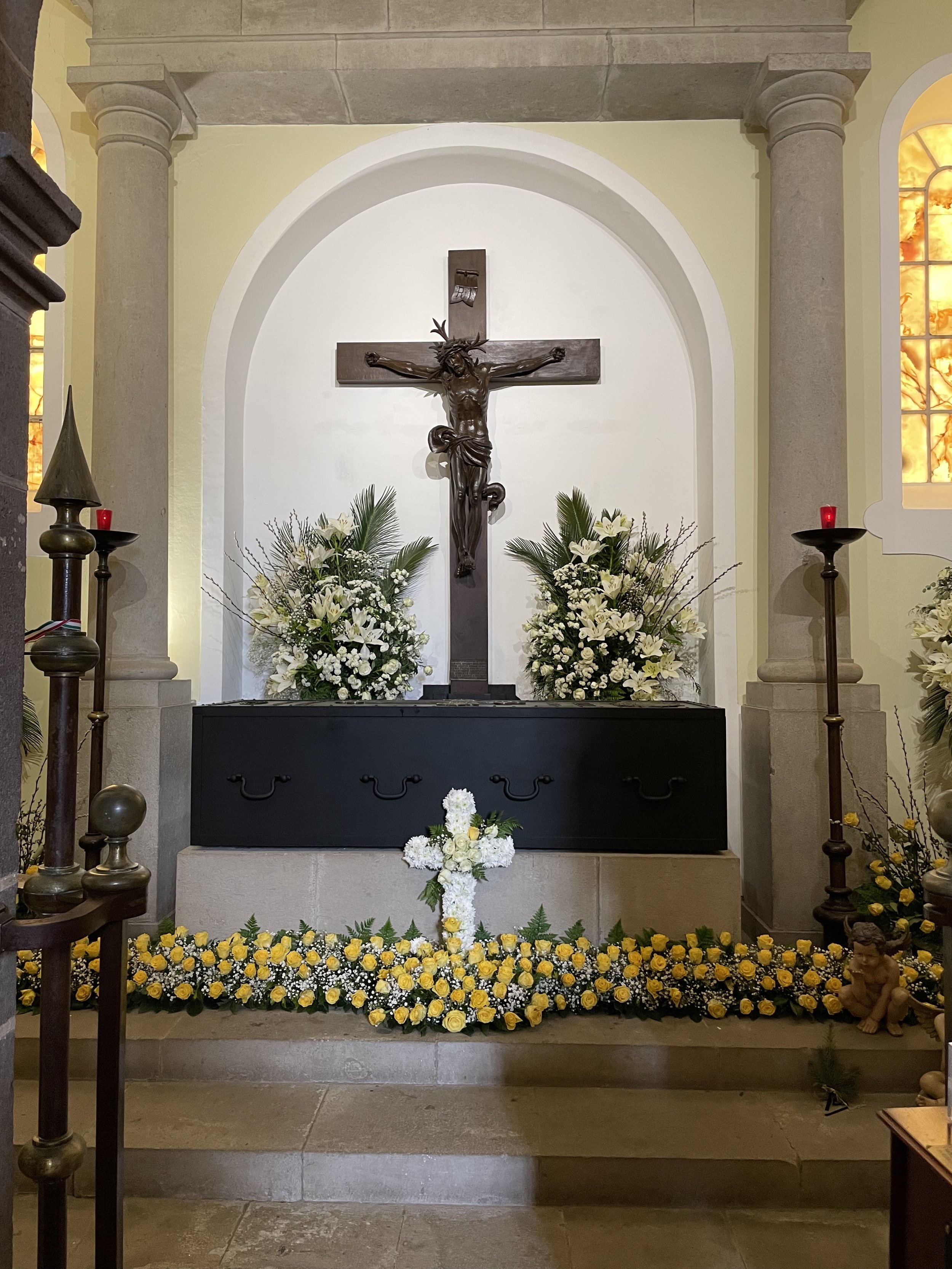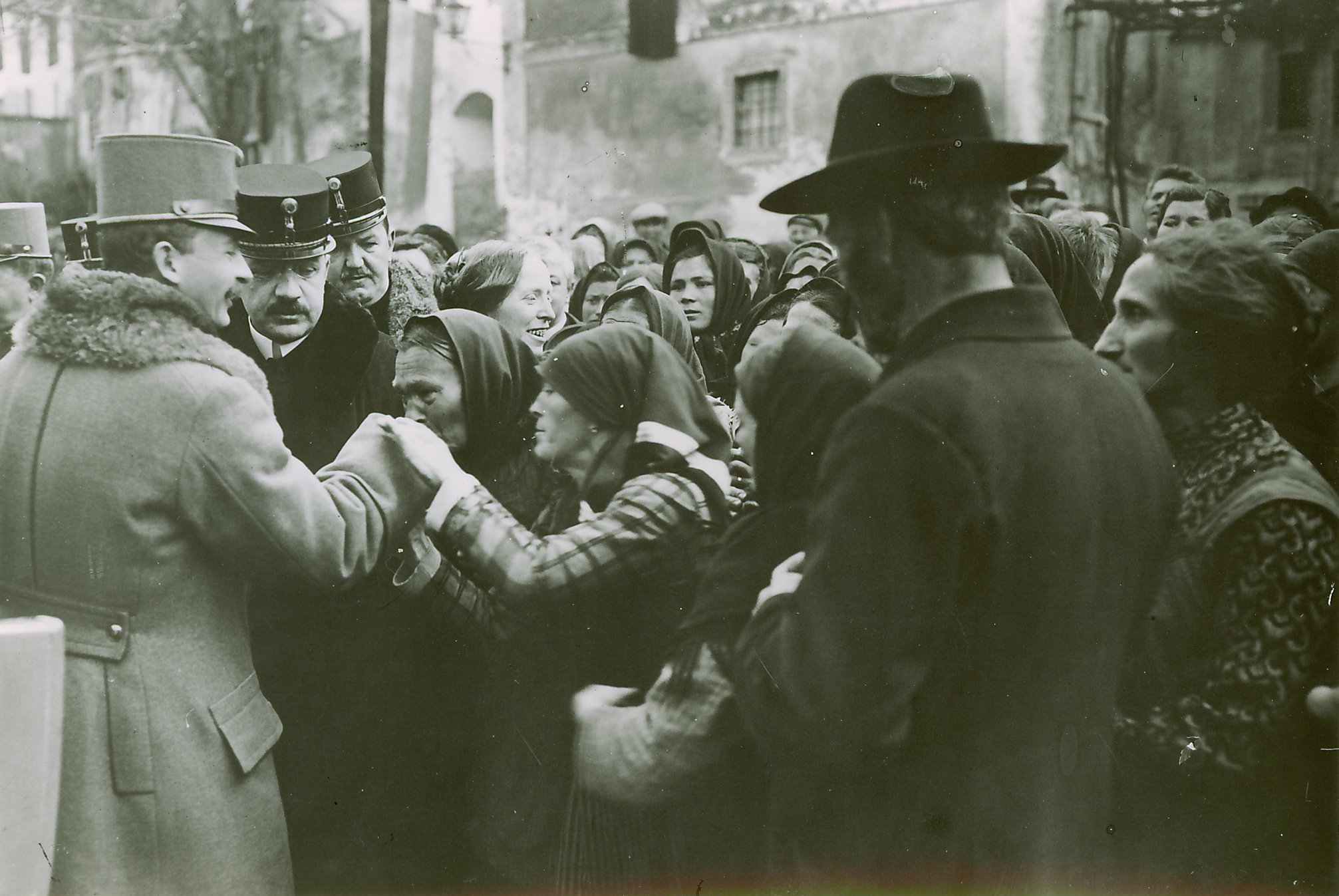
Childhood
Karl was born on 17 August 1887, in the Castle of Persenbeug, in Lower Austria. His parents were Archduke Otto Franz of Austria and Princess Maria Josepha of Saxony. At the time, his grand-uncle Franz Joseph reigned as Emperor of Austria and King of Hungary. Raised a devout Catholic, he spent his early years wherever his father's regiment happened to be stationed, and later on, he lived in Vienna and Reichenau an der Rax.
Young Adulthood
Karl was privately educated, but, he also attended a public gymnasium (the Schottengymnasium) for the sake of demonstrations in scientific subjects. When he concluded his studies at the gymnasium, he entered the army, and spent 1906 to 1908 as an officer chiefly in Prague, where he studied Law and Political Science concurrently with his military duties. In 1907, he was declared of age, and Prince Zdenko von Lobkowitz was appointed as his chamberlain. During the next few years, he carried out his military duties in various Bohemian garrison towns.
Engagement and Marriage
In 1911, Charles married Princess Zita of Bourbon-Parma. They had met as children but did not see one another for almost ten years, as each pursued their education. In 1909, his dragoon regiment was stationed at Brandýs nad Labem in Bohemia, from where he visited his aunt at Franzensbad. It was during one of these visits that Charles and Zita became reacquainted. During the ten years of their happy marriage, the pair were given eight children.
Heir Apparent
Charles became heir apparent after the assassination of Archduke Franz Ferdinand (his uncle) in Sarajevo in 1914—the event which precipitated World War I. At this time, Emperor Franz Joseph took steps to initiate the heir-presumptive to his crown in affairs of state.
He spent his time during the first phase of the war at headquarters at Teschen, but exercised no military influence. Karl then became a Field Marshal in the Austro-Hungarian Army. In the spring of 1916, in connection with the offensive against Italy, he was entrusted with the command of the XX. Corps, whose affections the heir-presumptive to the throne won by his affability and friendliness. Shortly afterwards, Charles went to the eastern front as commander of Army Group Archduke Karl operating against the Russians and Romanians.
New Emperor
In the middle of the First World War, the death of Emperor Franz Joseph on November 21, 1916, made Karl the Emperor of Austria. On December 2, 1916, he assumed the title of Supreme Commander of the Austro-Hungarian Army, succeeding Archduke Friedrich.
Hungarian Coronation
On December 20, 1916, Karl was crowned Apostolic King of Hungary. He saw his duty as a way to follow Christ: by loving his people and being concerned and devoted to improving their lives. The most sacred obligation of a king—to provide peace—became the primary focus of Karl's efforts during this horrific war. As the only world leader to do so, he support the peace proposals of Pope Benedict XV.
“The People’s Emperor”
From the beginning of his reign, Karl was known as an Emperor of the People. During wartime, he established a Ministry of Social Welfare—the first of its sort in the world. He organized soup kitchens, used the palace's horses and wagons to deliver coal to the Viennese, fought against usury and corruption, and gave away most of his private wealth by distributing alms beyond his means. He went among his people, suffered with them, and comforted them with his presence and words. His subjects called him "The People's Emperor," a title he cherished more than his noble and royal titles.
“Karl the Sudden”
On the warfront, Karl halted strategic bombing of civilian populations and buildings, restricted the use of mustard gas, and was adamantly opposed to submarine warfare and the mining of harbors. He abolished many prevelant military punishments. At risk to his own life, he visited the soldiers on the frontlines and in the hospitals, giving all of the moral support he could, and observing the fighting firsthand. As Supreme Commander, Karl would not send his men anywhere that he himself would be afraid to go. His trait of showing up unexpectedly at anytime, anywhere, caused his soldiers to affectionately nicknamed him "Karl the Sudden."
Exile
At the end of the war, revolution was beginning to spread throughout the empire. In Vienna, members of his government approached him requesting that he abdicate. He resolutely refused, stating: "My crown is a sacred trust given to me by God. I can never forsake that trust or my people." With the empire literally falling apart, and the Austrian government in chaos, he was finally coerced into signing a renunciation document in which he temporarily removed himself from governing until the people could decide on what form of government they desired. Karl went into seclusion at Eckartsau, a family hunting estate outside of Vienna and from where he would later be sent into Swiss exile. He later went into exile on Madeira island off the coast of Portugal. While in exile, he devoted himself to prayer and continued dedication to his family and peoples.
Early Death
After the second failed attempt at restoration in Hungary, Karl and his pregnant wife Zita were arrested by the Hungarian authorities. On November 19, 1921, they arrived at their final exile on the isolated Portuguese island of Madeira. The couple and their children lived in a modest residence atop the island. On March 9, 1922, Karl caught a cold in town, which developed into bronchitis and progressed to severe pneumonia. Having suffered two heart attacks, he died of respiratory failure on April 1 at the age of 34. After thousands came to view his body lying in repose at the family’s house chapel, Karl was buried in the church close to their home, Nossa Senhora do Monte.
Tomb
On April 4, 1922, following the Solemn Requiem Mass, Karl’s body was entombed under the Marian side altar of Nossa Senhora do Monte Church on the island of Madeira. In 1967, a chapel was created in the transept of the church and his tomb was relocated there to better accommodate the faithful coming to pray. In January 1968, Empress Zita, Archduke Otto, and members of the Royal Family returned to Funchal for the blessing of the new tomb chapel. Today, thousands of faithful journey to Blessed Karl’s tomb to pray and seek his intercession.
